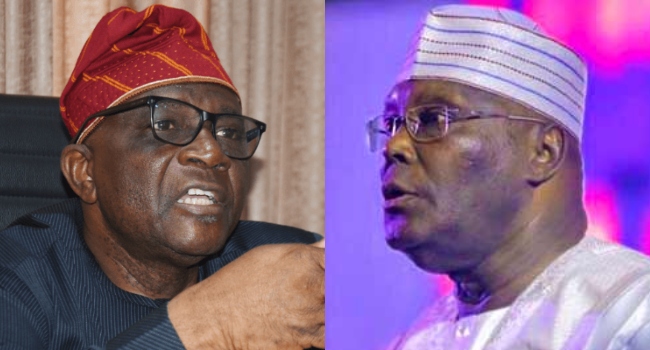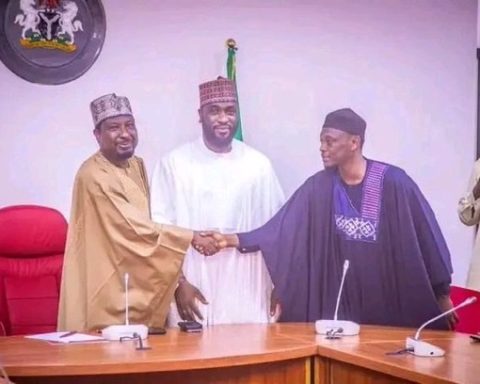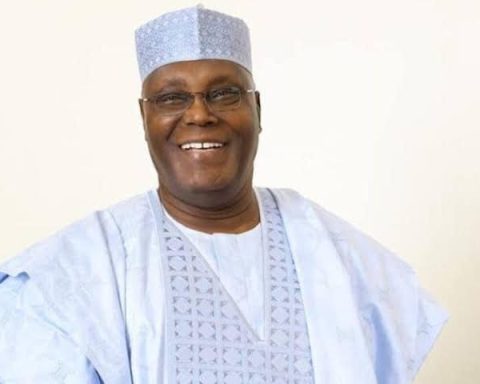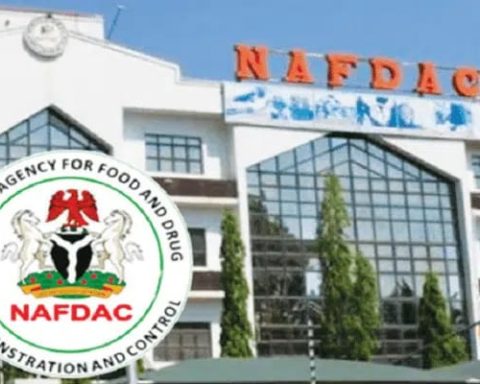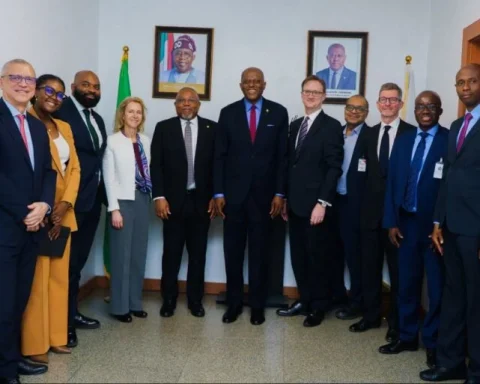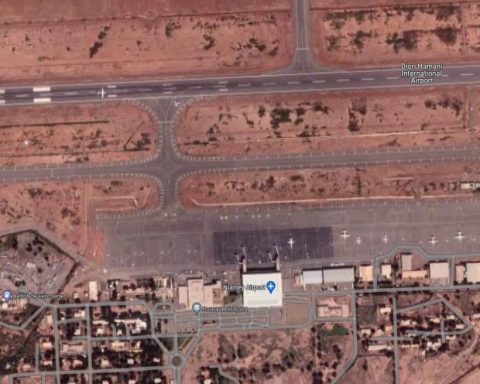Nigeria’s most valuable industry – the oil and gas sector has become the latest battleground between former Vice President Atiku Abubakar and the administration of President Tinubu, as both sides trade words over planned amendments to the Petroleum Industry Act (PIA) and the proposed sale of government stakes in key joint ventures.
Atiku warns that the moves could erode national sovereignty and destabilize the economy, while the Presidency insists that bold reforms are already yielding measurable gains and positioning Africa’s largest economy for sustained growth.
Atiku Raises Red Flags on PIA Amendments
In a statement posted on his X (formerly Twitter) account, Atiku described the proposed amendments to the PIA and the planned divestment of significant equity in major joint ventures (JVs) as “disconcerting.”
Join our WhatsApp ChannelThe PIA, enacted in 2021 after nearly two decades of legislative delays, was designed to bring clarity, accountability, and investor confidence to Nigeria’s oil sector. Atiku argued that tampering with its core provisions without broad consultation risks undoing the progress it represents.
While reiterating his long-standing support for market-driven reforms and privatization, the former vice president stressed that any sale of federal stake reportedly including the RAEC JV, Oando JV, and Seplat Energy JV must be guided by transparency, competitive bidding, and national interest.
“These moves, if not properly managed, could erode public trust, destabilize the sector, and compromise our energy security,” Atiku warned, urging the government to avoid “short-term gains at the expense of Nigeria’s national interest and long-term stability.”
READ ALSO: Fire For Fire: Netizens Tackle Bayo Onanuga For Attacking Obasanjo
Presidency Counters With Economic Data
Responding on Monday, Bayo Onanuga, Special Adviser to President Bola Tinubu on Information and Strategy, dismissed Atiku’s concerns as alarmist and outdated.
Onanuga argued that recent economic indicators tell a “different story” from the one painted by Atiku. He cited National Bureau of Statistics (NBS) data showing headline inflation has declined for five consecutive months, while a new report revealed a record trade surplus with non-oil exports now contributing almost as much as crude oil to Nigeria’s trade balance (a ratio of 48:52).
Nigeria’s foreign reserves, Onanuga added, have grown to nearly $42 billion, up from $32 billion when President Tinubu took office, despite the government clearing more than $7 billion in inherited arrears, including $800 million owed to airlines.
“Nigeria is moving in the right direction,” Onanuga said. “States are now able to pay salaries and gratuities promptly and still have surplus funds for capital and social projects – an achievement not previously witnessed at this scale.”
Competing Visions for Nigeria’s Oil Future
Atiku’s camp views the reported divestments as a potential threat to Nigeria’s sovereignty over its most strategic resource, fearing that insiders and foreign entities could benefit disproportionately if the process lacks transparency. For the opposition leader, the issue is less about privatization itself and more about who gains and at what cost.
The Tinubu administration, however, frames the same policy as an opportunity to attract fresh capital, improve efficiency, and strengthen the oil and gas sector’s competitiveness. Officials believe that unlocking private investment will create jobs, expand non-oil exports, and stabilize government finances in the face of fluctuating global oil prices.
The debate goes beyond political rivalry. Nigeria’s petroleum sector remains the country’s largest source of foreign exchange and government revenue, making the stakes extraordinarily high. Any amendment to the PIA or sale of federal stakes will shape the country’s ability to fund public services, manage its debt, and secure long-term energy independence.
For Atiku, the fear is that a poorly managed privatization could repeat the missteps of past divestments, sacrificing national interest for short-term cash. For the Presidency, the priority is to unlock economic potential quickly, with Tinubu’s team insisting that reforms are already easing inflation, boosting trade, and strengthening reserves.
As the proposed PIA amendments advance, Nigerians are left to weigh two competing arguments: Atiku’s call for caution and broad stakeholder engagement, and the Presidency’s insistence that bold reforms are necessary to secure economic growth. The outcome will help determine not only the future of Nigeria’s oil industry but also the credibility of the government’s broader economic agenda.
Amanze Chinonye is a Staff Correspondent at Prime Business Africa, a rising star in the literary world, weaving captivating stories that transport readers to the vibrant landscapes of Nigeria and the rest of Africa. With a unique voice that blends with the newspaper's tradition and style, Chinonye's writing is a masterful exploration of the human condition, delving into themes of identity, culture, and social justice. Through her words, Chinonye paints vivid portraits of everyday African life, from the bustling markets of Nigeria's Lagos to the quiet villages of South Africa's countryside . With a keen eye for detail and a deep understanding of the complexities of Nigerian society, Chinonye's writing is both a testament to the country's rich cultural heritage and a powerful call to action for a brighter future. As a writer, Chinonye is a true storyteller, using her dexterity to educate, inspire, and uplift readers around the world.


